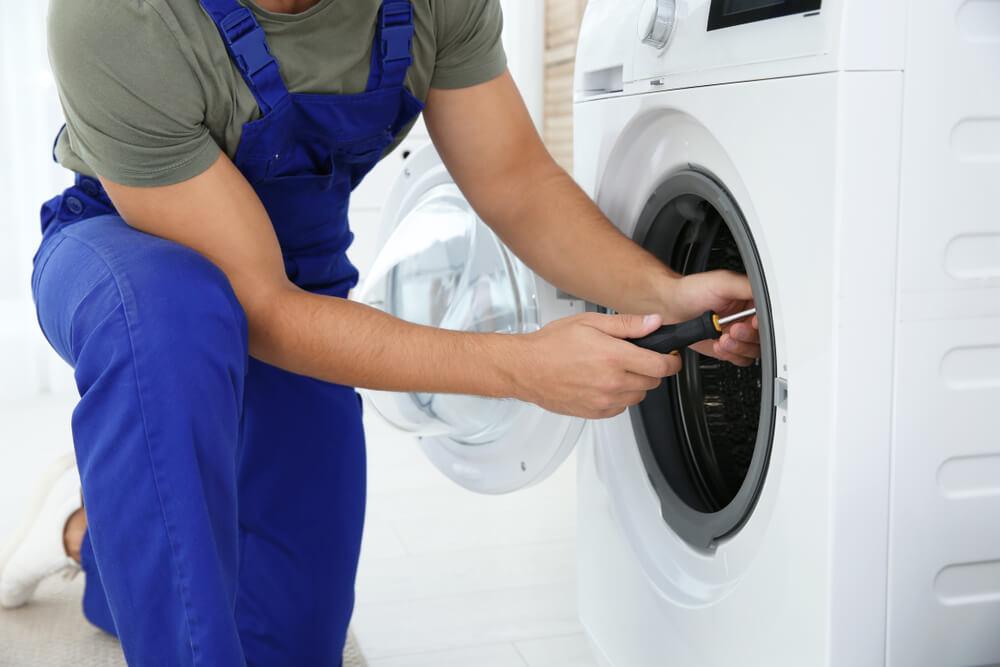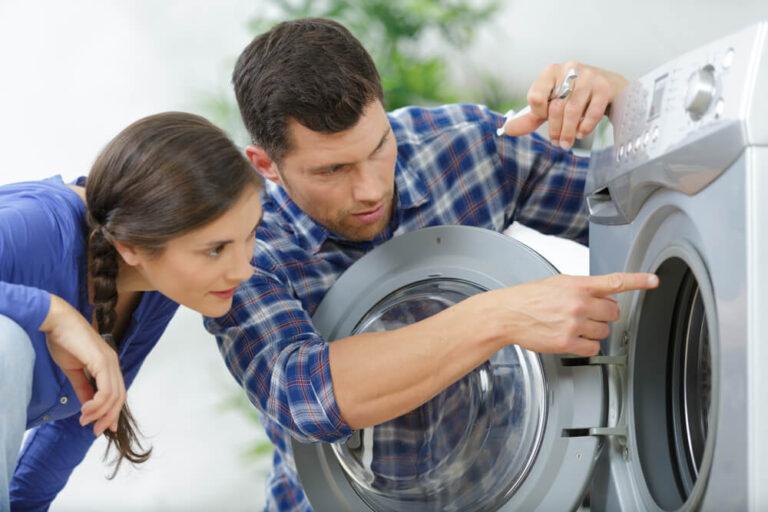What Is The Most Common Problem With A Washing Machine?
Introduction
Washing machines have become an indispensable part of our daily lives. They save us time and energy, handling the labor-intensive task of laundry with ease. However, like any other appliance, washing machines are not immune to problems. Understanding these issues can save you from costly repairs and extend the life of your machine. In this article, we'll delve into the most common issues that plague washing machines, offering insights on troubleshooting and expert washing machine repair in Naperville.
What Is The Most Common Problem With A Washing Machine?
The most common problem with a washing machine is that it fails to drain properly. This particular issue can stem from various causes including clogged hoses, a malfunctioning pump, or even a faulty control board. When your washing machine isn't draining effectively, it leaves wet clothes behind and can lead to issues such as mold growth if left unaddressed.
Understanding Washing Machines: A Brief Overview
Before diving into specific problems, it's essential to understand how washing machines work. Most modern machines operate using a combination of water, detergent, and mechanical action buy washing machine parts near me to clean clothes. They typically consist of:
- Drum: Where clothes are placed.
- Agitator: Moves clothes around in the drum.
- Pump: Removes water after rinsing.
- Control Board: Manages the entire operation.
Common Symptoms Indicating Problems
Recognizing symptoms early on can help you address issues before they escalate into more significant repairs. Here are some common signs that indicate your washing machine may be struggling:
- Unusual Noises: Grinding or banging sounds during cycles.
- Water Leaks: Puddles around your washer could mean something is amiss.
- Failure to Start: The machine simply won’t respond when you press start.
- Clothes Still Wet After Cycle: Clothes come out soggy instead of clean and dry.
Clogs: The Silent Culprit
One major reason for drainage issues is clogs within the system. Clogs can form due to lint buildup, foreign objects (like coins or small toys), or even soap residue over time.
Identifying Clogs
To confirm whether clogs are affecting your washer:

Malfunctioning Pumps: A Deeper Dive
Another frequent issue leading to poor drainage is a malfunctioning pump.
Signs of a Faulty Pump
If you suspect your pump is at fault, look for these indicators:
- Water remains in the drum after a cycle completes.
- Strange noises emanate from the area near the pump.
How to Address Pump Issues
If you confirm that your pump needs attention:
Faulty Control Boards: The Brain of Your Washer
Control boards manage various functions within your washing machine, from cycle selection to water intake and drainage.
Recognizing Control Board Failures
Symptoms of control board failures include:
- Inconsistent cycle performance
- Lights blinking erratically
- Complete failure to start
Solutions for Control Board Issues
Diagnosing control board problems usually requires professional help due to their complexity. In Naperville, there are several reputable services available if DIY repairs aren't viable.
Door Seal Problems: An Overlooked Issue
Often ignored but equally vital is the door seal on front-loading machines.
Identifying Seal Problems
A damaged or worn door seal can lead to leaks and ineffective washes.
Fixing Door Seal Issues
Replacing a door seal is generally manageable for most homeowners but ensure compatibility with your washer model before purchasing a replacement part.
Excessive Suds: Too Much Detergent?
Using more detergent than recommended can lead to excessive suds which may hinder performance and cause leaks.
Addressing Sudsing Issues
If you're noticing too many bubbles during a wash cycle:
Vibrations and Noises: Uneven Loads?
Many users experience excessive vibrations or noise during cycles due to uneven loads.
Taming Vibrations and Noise Levels
To minimize noise:
FAQs About Washing Machines
Q1: How often should I clean my washing machine?
A1: It’s advisable to run a cleaning cycle every month using vinegar or specialized cleaning tablets designed for washers.
Q2: Why does my washer smell musty?
A2: A musty smell typically arises from stagnant water trapped in hoses or residual detergent build-up; regular cleaning will help combat this issue.
Q3: Can I fix my own washing machine?

Q4: What type of detergent should I use?
A4: Always consult your user manual; typically HE (high-efficiency) detergents are preferred for modern washers as they produce fewer suds and conserve water energy effectively.
Q5: Is it worth repairing an old washing machine?
A5: It depends on repair costs versus new unit prices; if repairs exceed 50% of replacement costs, investing in a new appliance might be wiser long-term.
Q6: How do I avoid future issues?
A6: Regular maintenance checks alongside responsible loading practices will prolong your appliance's lifespan significantly while minimizing breakdown occurrences!
Conclusion
In summary, understanding what is the most common problem with a washing machine—primarily related to drainage—can empower homeowners not only with knowledge but also confidence in tackling minor repairs themselves when feasible! By familiarizing yourself with potential pitfalls—from clogged hoses and malfunctioning pumps to overlooked seals—you'll ensure smoother laundry days ahead!
For those residing in Naperville experiencing persistent issues beyond DIY fixes—don’t hesitate! Professional assistance ensures optimal performance while saving both time and stress down the line! Remember that prevention is always easier than dealing with significant breakdowns later on!
